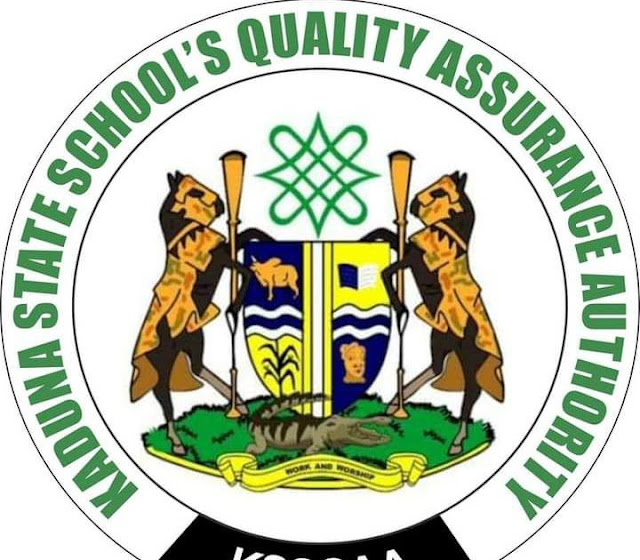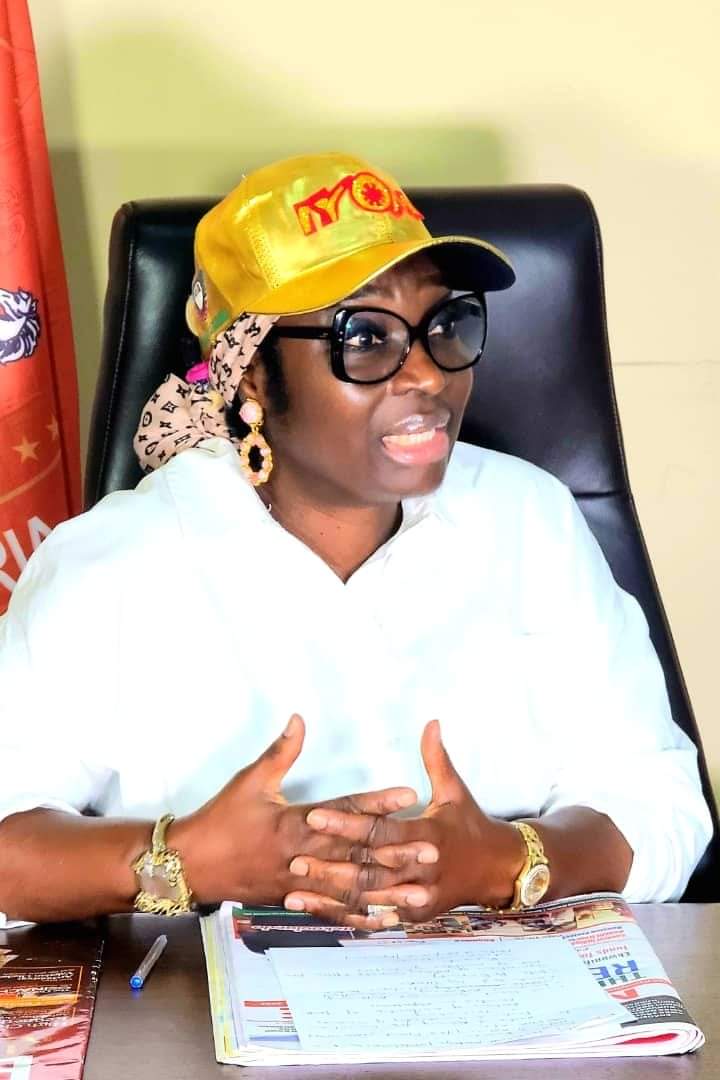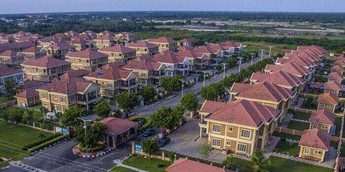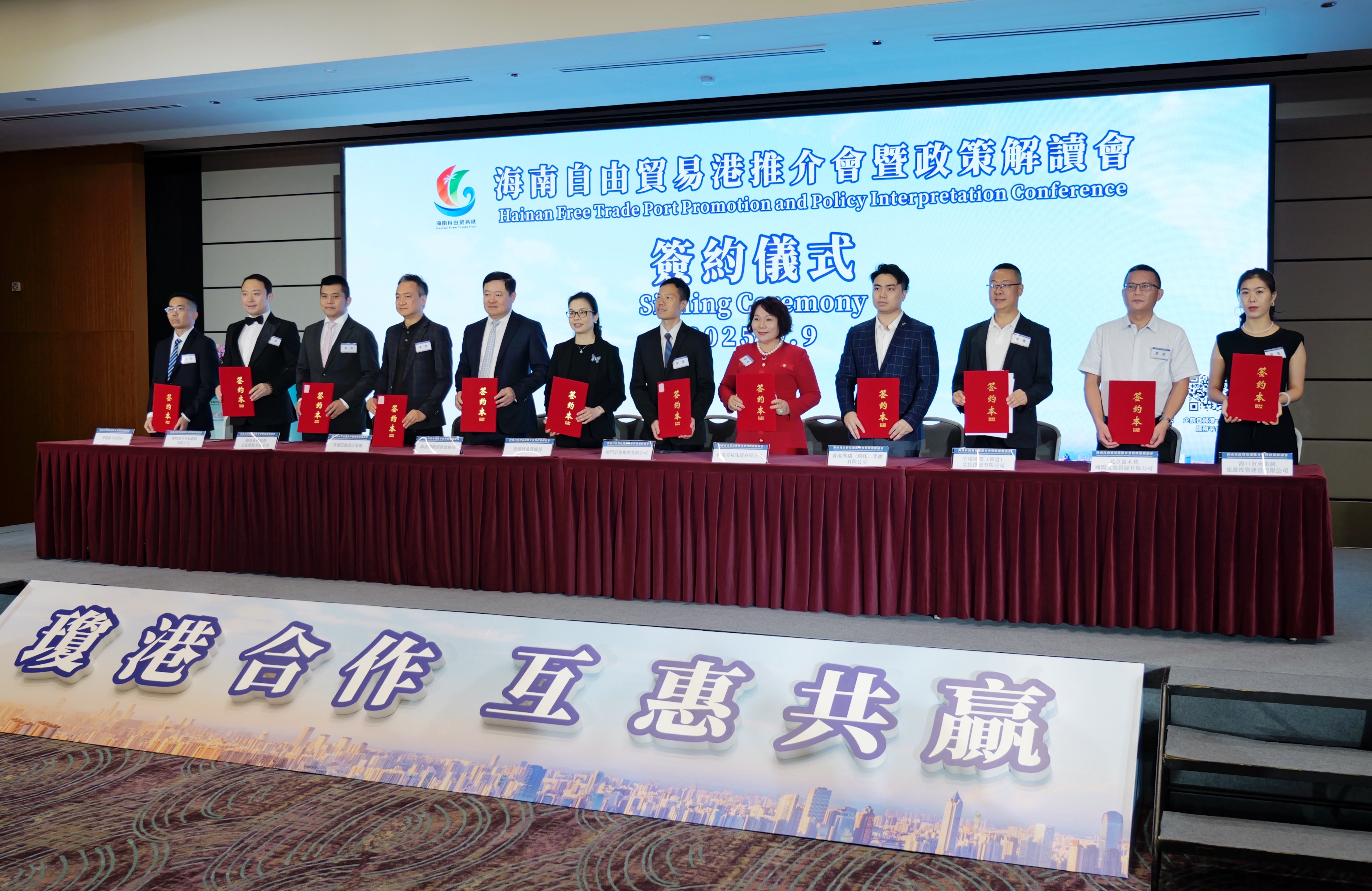In a decisive move to regulate the education sector and protect parents from arbitrary financial burdens, the Kaduna State Government has issued a stern directive to private school owners, mandating that they seek formal approval from the state’s education authorities before implementing any increase in school fees. This directive, announced on Tuesday, September 9, 2025, underscores the government’s commitment to ensuring affordability and accessibility in education while maintaining a balance with the operational needs of private institutions. The warning comes amid growing concerns over rising school fees in private institutions across the state, which have placed significant financial strain on families, particularly in the face of Nigeria’s challenging economic climate.
Background: The Education Landscape in Kaduna State
Kaduna State, located in Nigeria’s northwest, is a region known for its vibrant cultural heritage and strategic importance. With a population exceeding 8 million, the state is one of Nigeria’s most populous, and its education sector is a critical component of its development agenda. The state government, under the leadership of Governor Uba Sani, has prioritized education as a cornerstone of socio-economic progress, implementing reforms aimed at improving access to quality education, upgrading infrastructure, and ensuring equitable opportunities for all citizens.
In recent years, Kaduna State has made significant strides in addressing educational challenges, including increasing enrollment rates, rehabilitating public schools, and training teachers. However, the private education sector, which complements the public system, has grown exponentially, catering to families seeking alternatives to government-run schools. Private schools in Kaduna range from elite institutions in urban centers like Kaduna and Zaria to smaller, community-based schools in rural areas. These institutions often provide specialized curricula, better facilities, and smaller class sizes, but their fees can be prohibitive for many families.
The rising cost of education in private schools has become a contentious issue, particularly as Nigeria grapples with economic challenges such as inflation, currency devaluation, and fuel subsidy removal. These factors have driven up the cost of living, making it difficult for parents to afford school fees without compromising other essential needs. The Kaduna State Government’s latest directive aims to address these concerns by ensuring that fee hikes are justified, transparent, and approved by relevant authorities.
The Directive: A Call for Regulation and Accountability
The Kaduna State Government’s directive was announced during a stakeholders’ meeting organized by the state’s Ministry of Education. The meeting brought together representatives from private school associations, education regulators, parents, and civil society organizations to discuss the state of education and address pressing concerns. The Permanent Secretary of the Ministry of Education, speaking on behalf of the Commissioner, emphasized that private schools must obtain explicit approval from the state’s Quality Assurance Board before implementing any fee increments. This board, established under the Kaduna State Education Law, is tasked with overseeing standards in both public and private schools, ensuring compliance with regulations, and protecting the interests of students and parents.
The directive stipulates that private school owners must submit detailed proposals outlining the reasons for proposed fee increases, including financial statements, operational costs, and planned improvements to educational services. The Quality Assurance Board will review these proposals to determine whether the fee hikes are justified and align with the state’s education policies. Unauthorized fee increases will attract sanctions, including fines, suspension of operating licenses, or, in extreme cases, closure of non-compliant schools.
The government’s decision to regulate fee hikes stems from complaints received from parents and guardians who have been burdened by sudden and exorbitant increases in school fees. In some cases, parents reported that fees were raised without prior notice, leaving them unprepared and financially strained. The lack of transparency in fee-setting processes has also raised suspicions about profiteering by some private school operators, prompting the state to take a proactive stance.
Why the Directive Matters: Socio-Economic Context
Nigeria’s economic landscape has been challenging in recent years, with inflation rates soaring to over 30% in 2025, according to the National Bureau of Statistics. The removal of fuel subsidies in 2023, coupled with the naira’s devaluation, has significantly increased the cost of goods and services, including educational materials, transportation, and utilities. For private schools, these economic pressures translate into higher operational costs, such as salaries for teachers, maintenance of facilities, and procurement of learning resources. Many school owners argue that fee increases are necessary to sustain quality education and keep their institutions afloat.
However, the economic realities faced by parents tell a different story. Many households in Kaduna State rely on modest incomes from civil service jobs, small businesses, or agriculture. The rising cost of living has eroded purchasing power, making it difficult for families to afford basic necessities, let alone escalating school fees. For many parents, private schools represent an investment in their children’s future, offering better facilities and academic outcomes compared to some public schools. However, when fees become unaffordable, families are forced to make difficult choices, such as withdrawing their children from school or opting for lower-quality institutions.
The Kaduna State Government’s directive seeks to strike a balance between the financial needs of private schools and the economic realities faced by parents. By requiring schools to justify fee increases, the government aims to prevent exploitation while ensuring that schools can continue to operate sustainably. The move also aligns with broader efforts to promote transparency and accountability in the education sector, a priority for Governor Uba Sani’s administration.
Reactions from Stakeholders
The directive has elicited a range of reactions from stakeholders in Kaduna’s education sector. Parents and guardians have largely welcomed the move, viewing it as a step toward protecting their interests. Mrs. Aisha Musa, a mother of three whose children attend a private school in Kaduna metropolis, expressed relief at the government’s intervention. “Last term, the school increased fees by 40% without any explanation,” she said. “We were just told to pay or withdraw our children. This kind of regulation will make schools think twice before raising fees.”
Similarly, the Kaduna State chapter of the Parents-Teachers Association (PTA) has commended the government for addressing their concerns. The PTA chairman, Mr. Ibrahim Danladi, noted that many parents had lodged complaints about arbitrary fee hikes, which often came without improvements in facilities or teaching quality. “We hope this directive will ensure fairness and transparency,” he said. “Parents deserve to know why fees are being increased and how the money will be used to benefit their children.”
On the other hand, some private school owners have expressed reservations about the directive, arguing that it could stifle their ability to respond to economic challenges. Mr. John Okonkwo, the proprietor of a mid-sized private school in Zaria, acknowledged the need for regulation but cautioned against overly stringent measures. “Running a school is expensive, especially with the current economic situation,” he said. “We need to pay teachers, maintain facilities, and buy materials, all of which have become costlier. If the approval process is too bureaucratic, it could affect our operations.”
The National Association of Proprietors of Private Schools (NAPPS) in Kaduna State has also weighed in, calling for dialogue with the government to ensure that the approval process is streamlined and fair. The association’s president, Alhaji Musa Abdullahi, emphasized the need for collaboration between the government and private school operators to achieve the shared goal of quality education. “We are not opposed to regulation, but the process must be practical and consider the realities on the ground,” he said.
The Role of the Quality Assurance Board
At the heart of the directive is the Kaduna State Quality Assurance Board, which plays a pivotal role in regulating both public and private schools. Established under the state’s Education Law of 2017, the board is responsible for setting and enforcing standards for curriculum delivery, teacher qualifications, infrastructure, and financial management. The board conducts regular inspections to ensure that schools meet minimum requirements and provide a conducive learning environment for students.
In the context of fee regulation, the Quality Assurance Board will evaluate proposals for fee increases based on several criteria, including:
Operational Costs: Schools must provide evidence of rising costs, such as salaries, utilities, or instructional materials, to justify fee hikes.
Quality Improvements: Proposals should outline how additional revenue will be used to enhance educational services, such as hiring qualified teachers, upgrading facilities, or introducing new programs.
Affordability: The board will assess whether proposed fees are reasonable in light of the economic conditions faced by parents in Kaduna State.
Transparency: Schools must demonstrate that they have consulted with parents and stakeholders before proposing fee increases.
The board’s rigorous evaluation process is designed to ensure that fee hikes are not arbitrary and that schools remain accountable to both the government and the public. Schools that fail to comply with the directive risk penalties, including fines, suspension of operations, or revocation of their licenses.
Broader Implications for Education in Kaduna State
The Kaduna State Government’s directive is part of a broader strategy to transform the education sector and make it more inclusive and equitable. Since assuming office, Governor Uba Sani has prioritized education, launching initiatives such as free basic education in public schools, teacher training programs, and the construction of new classrooms. The regulation of private school fees complements these efforts by ensuring that the private sector, which serves a significant portion of the student population, operates in line with the state’s vision for education.
The directive also has implications for the national education landscape. Kaduna State’s proactive approach to regulating private school fees could serve as a model for other states grappling with similar challenges. Across Nigeria, private schools play a critical role in bridging gaps in the public education system, but their unregulated fee structures have often been a source of controversy. By setting a precedent for transparency and accountability, Kaduna State could inspire other governments to adopt similar measures.
Moreover, the directive highlights the need for a collaborative approach to education governance. Private schools, while independent, operate within the framework of state and national policies. Engaging stakeholders—parents, school owners, teachers, and regulators—in constructive dialogue is essential to addressing the complex challenges facing the education sector. The Kaduna State Government’s decision to involve stakeholders in the announcement of the directive is a positive step in this direction.
Challenges and Opportunities
While the directive has been hailed as a progressive move, its implementation is not without challenges. One major concern is the capacity of the Quality Assurance Board to handle the volume of applications for fee increases, particularly given the large number of private schools in Kaduna State. Delays in the approval process could create bottlenecks, frustrating school owners and potentially disrupting their operations.
Another challenge is the potential for resistance from private school operators, some of whom may view the directive as an overreach of government authority. Balancing the need for regulation with the autonomy of private institutions will require careful diplomacy and clear communication from the state government.
Despite these challenges, the directive presents significant opportunities for improving the education sector. By fostering transparency and accountability, the government can build trust between schools, parents, and regulators. The focus on quality improvements as a condition for fee hikes could also drive innovation in private schools, encouraging them to invest in better facilities, teacher training, and technology.
The Way Forward
To ensure the success of the directive, the Kaduna State Government must take several steps. First, it should invest in strengthening the capacity of the Quality Assurance Board to process applications efficiently and fairly. This may involve hiring additional staff, streamlining procedures, and leveraging technology to facilitate reviews.
Second, the government should engage in continuous dialogue with private school owners and parents to address concerns and refine the policy as needed. Regular stakeholder meetings, such as the one where the directive was announced, can provide a platform for collaboration and feedback.
Third, the government should consider complementary measures to support parents, such as subsidies for low-income families or partnerships with private schools to offer scholarships. These initiatives could alleviate the financial burden on parents while ensuring that private schools remain viable.
Finally, the government should monitor the impact of the directive closely, collecting data on fee trends, school compliance, and parental satisfaction. This data can inform future policy decisions and help the state fine-tune its approach to education regulation.
Conclusion
The Kaduna State Government’s directive requiring private schools to seek approval before hiking fees is a bold and timely intervention in the education sector. By prioritizing affordability, transparency, and accountability, the government is taking a stand against arbitrary fee increases that burden parents and undermine access to education. While challenges remain, the directive has the potential to transform the private education landscape in Kaduna State, setting a standard for other regions to follow.
As Nigeria navigates its economic challenges, policies like this one demonstrate the importance of proactive governance in addressing the needs of citizens. By working collaboratively with stakeholders and maintaining a focus on quality and equity, Kaduna State can build a stronger, more inclusive education system that empowers its youth and drives sustainable development. The success of this directive will depend on its implementation, but its message is clear: education is a right, not a privilege, and no one should be priced out of it.






